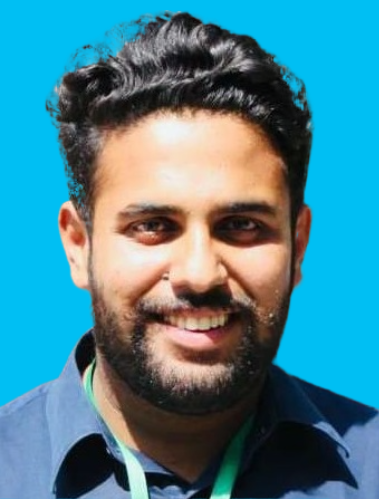Muhammad Najeeb Zafar
As we go through the bustling streets of Pakistan’s cities and the serene corners of its villages, we confront a pressing challenge that has hindered the nation’s progress for too long and that is the miserable situation of our education system.
So, it is high time for a radical overhaul – a unified effort to tackle the deep-rooted issues that have stunted the growth and development of our society. Access to quality education remains a distant dream for many, especially in rural areas where basic educational facilities are lacking. Bridging this gap is not just a necessity but a moral obligation. Every child, regardless of his/her geographic location, deserves access to the light of knowledge.
Yet, access alone is not sufficient. The quality of education is paramount. Too often, our schools are ill-equipped, with underqualified teachers and minimal resources. We owe it to our children to provide them with an education that equips them not only with the knowledge but also with the skills to navigate an increasingly complex world.
Gender disparity further exacerbates the challenges we face. Outdated beliefs and societal norms continue to stifle the aspirations of young girls, denying them the opportunity to fulfill their potential. It is imperative that we must break these barriers and ensure equal opportunities for all the children.
To initiate meaningful reforms, we must prioritize inclusivity and innovation. The demands of the 21st century necessitate a curriculum that emphasizes creativity, critical thinking, and practical skills. Moreover, comprehensive training programs are essential to empower teachers and enable them to effectively guide the next generation. Technology can serve as a powerful tool in this endeavor, offering new avenues for learning and collaboration. By leveraging digital resources, we can extend quality education to even the most remote areas, thereby dismantling the barriers and unlocking the opportunities for all.
However, reform efforts must be accompanied by accountability. It is essential that we hold ourselves and our leaders accountable for the promises made to our children. Adequate funding allocation and adopting mechanisms to ensure transparency and efficient use of resources are a must. In this regard, Pakistan can get inspiration from successful international models like Singapore, South Korea, and Finland. These countries exemplify the potential of technological integration, teacher quality, and holistic educational approaches in advancing the equity and student success.
In the words of Nelson Mandela, “Education is the most powerful weapon which you can use to change the world.” Transforming the Pakistan’s education system is not merely a matter of policy – it is a moral imperative. It is a commitment to the future of our nation, to the generations yet to come. Let us embrace this challenge with more courage and determination, and work towards building a brighter tomorrow for all of our children.
The writer is a GIS and educational policy expert, based in Islamabad. He may be contacted at: najeebzafar3@gmail.com.
Related Posts






Comments